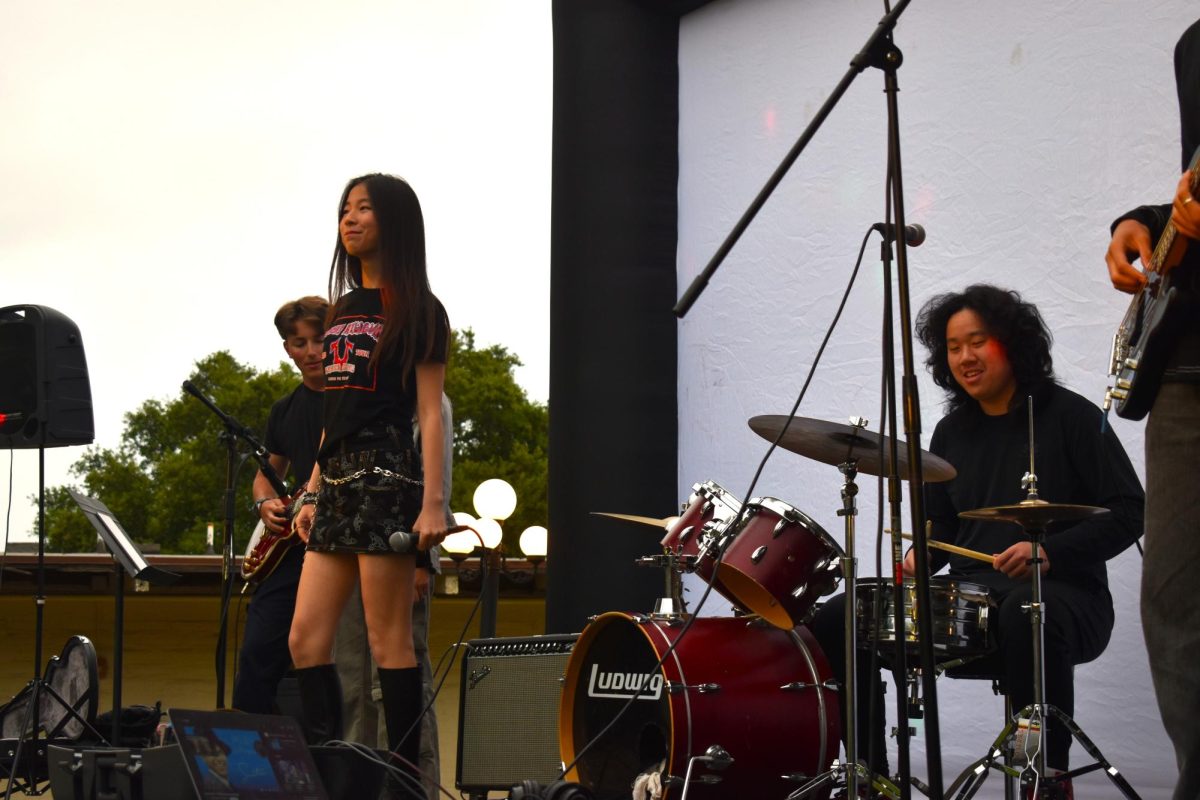Over the past few years, tattoos have significantly increased in popularity. If it seems like you have been seeing tattoos everywhere on social media and on nearly everyone, you are not hallucinating. Just 50 years ago, tattoos were incredibly rare to see. They were largely reserved for sailors, bikers, and other rogue types of people. Even dating back to the Neolithic period and indigenous tribes, tattooing was historically practiced during religious ceremonies and as a rite of passage.
Today, tattoos are everywhere. In 2015, a study showed that nearly one in three Americans had at least one tattoo. The industry holds conventions all around the world and are increasing in popularity due to marketing within the fashion industry. You see athletes, models, and celebrities with them.
One study conducted by the professors at the University of Arkansas found that tattoos may be important because, at their core, they signify a means of cementing the permanence of identity. With all of this in mind, how does the administration at Webb feel about tattoos? The Webb Student Handbook does not mention even the word “tattoo” once.
This finding may come as a surprise to many students. Marty Hild (‘19) said, “It doesn’t say anything about tattoos in the handbook. Most people who have tattoos at Webb are secretive about it and have them in places that aren’t visible. When I turn 18, I’m getting several tattoos that will be visible (forearm, shoulder, bicep) and I’m not sure how the administration will react.”
A report conducted by the Pew Research Center concluded about 38 percent of young people ages 18 to 29 have at least one tattoo. However, even though tattoos are more common now than they ever have been, they still can negatively affect your chances of getting hired in a professional workplace. When employers do not hire someone because of their body art, they are practicing a form of discrimination.
Will faculty view students with tattoos differently? Michael Szanyi, Appleby dorm head and humanities teacher, said, “I personally would not care. I have tattoos myself. I think it would be silly to make students cover up tattoos. As long as they aren’t inappropriate, I don’t see a problem.”
In the United States, tattoos are often seen as rebellious, irresponsible, and unprofessional. There are various types of workplace policies that discriminate against people with tattoos. According to DLA Piper, 60 percent of employers reported that visible tattoos would have a negative impact on someone getting hired.
It is a sad reality that there are so many negative stereotypes surrounding any form of body art. Tattoos connect bodies and art. Their colors, shapes, and symbols pulsate with memories, meanings, and emotions. Tattoos often represent thoughts and feelings that we have not spoken about or acknowledged, even to ourselves.









